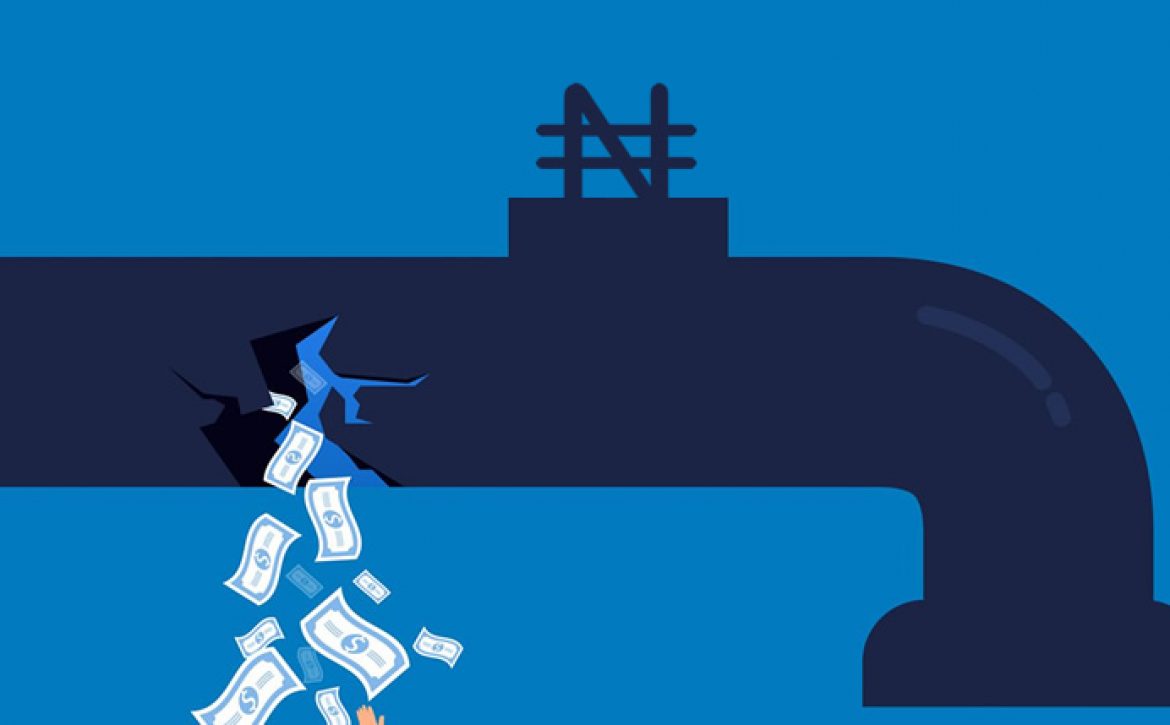Plugging Leakages
As important as savings and prudence are, wealth only comes by active creation
I am certainly one of those who believe that we cannot get financially independent just by saving. As important as savings and prudence are, wealth only comes by active creation. We only get rich by increasing our incomes. However, savings are the precursor to investments. We can only invest funds we have accrued through savings. Therefore, as you read today’s article, please bear in mind that savings are not the end in themselves, but they are the means to the end. How then can we plug increase our savings? Where are the leakages that are draining our investible funds and consequently the growth of our wealth?
Subscriptions – they are the 21st century’s fad. Many subscribed to packages on social media platforms, cable TV and telecoms services. Take social media for instance, do we really need the premium package just so that we can be the first to read what is happening in the life of so-called celebrities? Most of the “hot” news becomes common and freely available knowledge within a few hours. It may not be worth the extra cost. Another drain is the cable TV subscription. How many of the 250 channels in the premium package do you watch in one month? Do you really need the extra view access if family members are not watching TV at the same time? Do you need premium cable TV and Netflix subscriptions together? What could the N18,000 paid for monthly premium subscription do to your investible funds? In addition to these two types of subscriptions, we have the undergirding one – data package. We use internet data subscriptions to access our social media accounts and Netflix subscriptions. If we review the usage of our data, we may discover that we spend more data on browsing to find the materials to watch, than on actually watching any material. We must determine ways to reduce the amount of data we use, and consequently the amount of money paid to internet service providers. We should utilise data saving mechanisms and curb the amount of data available for use by different applications. We must also regularly change our MIFI/ WIFI passwords and use strong alphanumeric passwords. Some people have discovered that their neighbours use their WIFI without permission, having hacked into their accounts because the passwords were easy to decipher and remain unchanged for months.
Entertainment – Saying no to entertainment expenses requires financial discipline but thank God that the lockdown has helped us unintentionally. Do we really want to go back to the days of buying aso-ebi every month? Buying and sewing, then women add the cost of gele tying and professional make-up. Assuming the aso-ebi is ankara, if we spend N15,000 on one occasion every month, that is N180,000 investible funds drained from our wealth every year. Even without calculating the potential incomes, that is a sizable amount of money lost. Better to give it to charity and improve the socioeconomic environment we live and work in. Eating out is another drain that we can plug. Make cooking a fun event for the whole family. When the social distancing rules are relaxed, invite friends to eat in your house instead of taking them to restaurants. Pack snacks, school lunches etc, from home. Home packed meals offer better quality and quantity than the mass-produced ones. Study the situation for a month; see if there are significant financial savings from home-packed meals and take a decision on plugging the leakage.
Unplanned spontaneous spending is a leakage we must learn to plug consistently. Avoid spending money on anything that you did not budget ahead, except of course medical emergencies and disaster recovery items/ services. Never give in to pressure to spend. Ask for time to think about the purchase. Walk away from all the physical stimuli that are bombarding your senses and attacking your willpower. Walk away! Help yourself by preparing a shopping list every time you visit the mall or market. Do not take all your ATM Cards with you. Leave your phone in the car, to avoid USSD transfers. Many times,after walking away from the situation that is pushing the unplanned buying an item, we realise and conclude that the purchase is unnecessary. If it is still necessary after 24 hours, plan its purchase in subsequent budgets. Delayed gratification is a virtue that everyone serious about financial independence must master. It would help you keep your investible funds intact.
Wealth grows through increasing incomes, while income is generated through investing savings. Let us accrue all the funds garnered from the leakages and invest them in high yielding assets. Happy investing.






